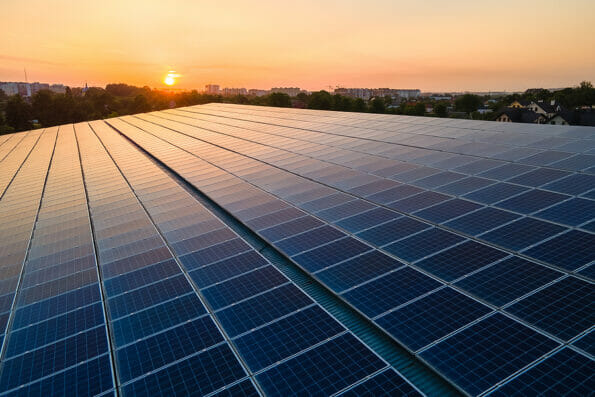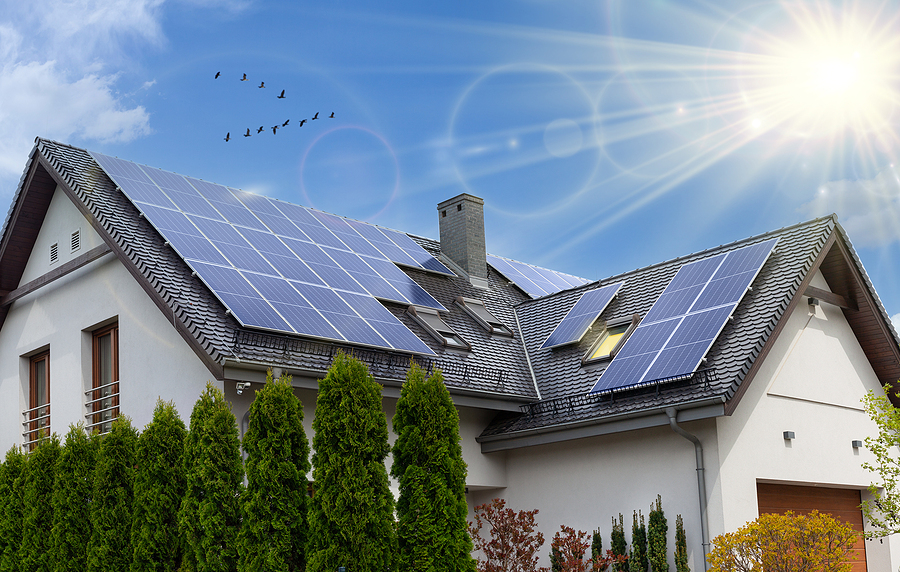More homeowners and businesses are investing in solar energy for various benefits. From saving money on monthly energy bills to reducing the carbon footprint, switching to solar power comes with many benefits. Whether you have already installed solar panels or are thinking of installing them, be aware that solar panels don’t work equally. However, the following tips can help homeowners get the most from their solar panels.
1. Use solar panels during the day
Table of Contents
Among the commonly asked questions by homeowners looking to install solar panels is “do solar panels work at night?” Solar energy is still a new concept to most people. Solar panels collect and store energy from sun rays during the day. As the sun sets, you should rely on stored energy in batteries to power various solar appliances. Continuous usage depletes the batteries, which is why they should be recharged during the day.
Maximizing solar energy use during the daytime prevents energy drain on batteries. For instance, charge all your tablets, cellphones, solar-powered robotic vacuums, and other electrical gadgets during the day. You should also use these appliances fully during the day and minimally at night.
2. Choose the right system for your needs
Conducting an energy audit before shopping for your solar energy system is prudent. A thorough audit helps determine your energy needs and how you can reduce usage. An energy audit is also beneficial for homeowners with already installed panels. The audit helps homeowners determine if their current system meets immediate needs or if they need an upgrade.
Similarly, you should consider several factors when choosing a solar energy system. For instance, if you have an extended family, you need more panels or high-wattage solar panels. Living in an area with minimal sunlight requires a powerful battery to store more solar energy.
3. Clear shade
Solar panels depend on sun rays and work best when exposed to direct sunlight. If trees or other buildings block your panels from receiving direct sunlight, the panel’s output is significantly reduced. Even if a small part of your panels is blocked, the entire unit is throttled.
Trim tree branches that shade your solar panels. If the obstacle can’t be removed, for instance, buildings, you should move the panels or use a power optimizer inverter that maximizes the output of unshaded parts of the panels.

4. Clean your panels
Solar panels are exposed on roofs or open fields. As such, dust and debris can accumulate gradually on the surface, diminishing array output. The National Renewable Energy Laboratory estimates that dust accumulation affects solar panel outputs by 7%.
You should clean your solar panels regularly. Rinsing with a garden hose can remove dust and dirt. Use a soft brush if your solar panels have stubborn grime. You should think of accessibility during cleaning when installing solar panels.
Endnote
There is increased adoption of solar energy among households and commercial enterprises. However, you should consider the above mentioned factors to get the most from your solar energy. Solar energy experts also recommend monitoring solar system health and performance to ensure that it performs at peak levels always. Fortunately, most solar systems can be monitored remotely through smartphones or the customer portal on the manufacturer’s website.
Image Source: BigStockPhoto.com (Licensed)
Site Disclaimer
The Content in this post and on this site is for informational and entertainment purposes only. You should not construe any such information or other material as legal, tax, investment, financial, or other advice. Nothing contained on our Site constitutes a solicitation, recommendation, endorsement, or offer by HII or any third party service provider to buy or sell any securities or other financial instruments.
Nothing in this post or on this site constitutes professional and/or financial advice. You alone assume the sole responsibility of evaluating the merits and risks associated with the use of any information or other content in this post or on this site.
You recognize that when making investments, an investor may get back less than the amount invested. Information on past performance, where given, is not necessarily a guide to future performance.
Related Categories: Environmental, Home, Reviews



